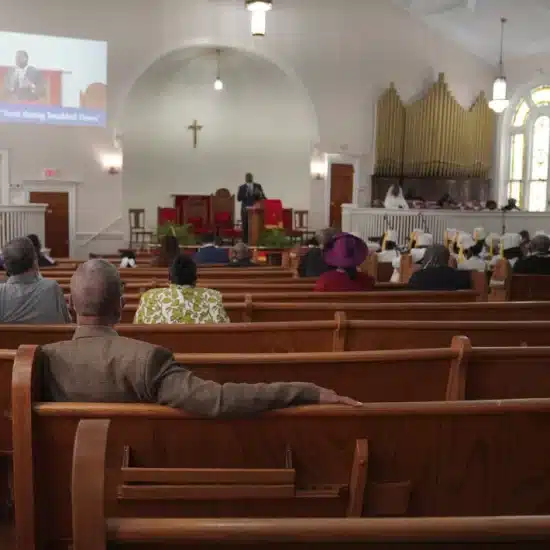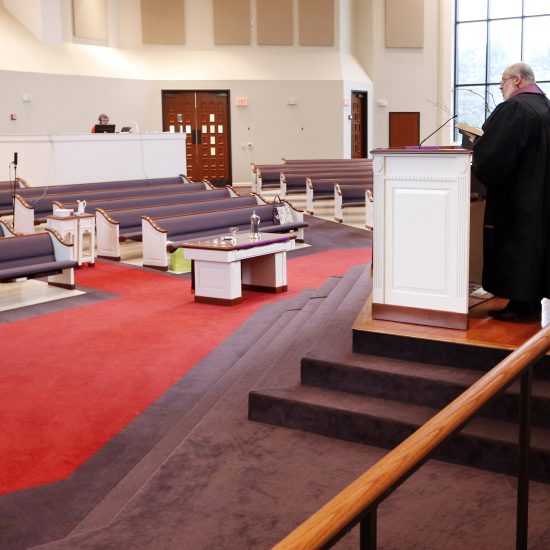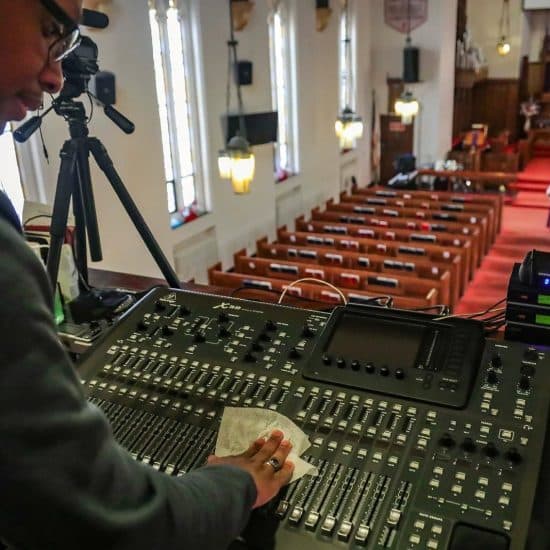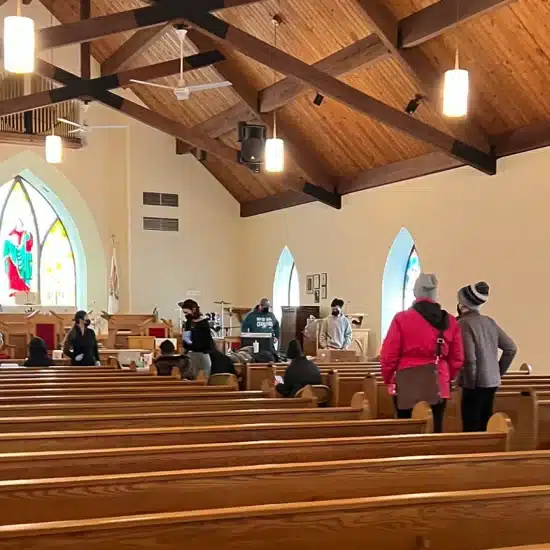

Image by ijmaki from Pixabay
(RNS) — In times of distress and uncertainty, faith-based and community leaders continue to be valuable resources of comfort, support and, perhaps most importantly, studies show, credible sources of information for their members and communities.
This kind of backup for public health workers can be as simple as reiterating guidance and recommendations by public health experts or local officials and sharing simple hygienic precautions and practices. But for those suffering mental illness or addiction, faith leaders are particularly well positioned to help manage fear and stigma, while restoring faith.
The Clinton Foundation, which has made improving public health a central mission, has identified key actions faith leaders can take and resources they can offer. Some of the recommendations — using Facebook or good old-fashioned calling trees to keep track of their most vulnerable members — are second nature to many faith leaders these days. Other pastors, imams and rabbis may have let these tools languish or never adopted them.
Conduct care visits by phone or virtually by using platforms such as FaceTime or Google Hangout, especially if the individuals are in quarantine or isolation.

Photo by Sasha Freemind on Unsplash
Most crucially, the Clinton Foundation’s experts and public health officials advise faith leaders to be conscious that people with substance use disorders, active or recovering, may suffer more from the physical and mental impact of COVID-19 and are potentially at greater risk in a quarantine or stay-at-home order because isolation can be a trigger for those struggling with addiction. Faith leaders also need to know that there are resources to help them support these people.
“At the Clinton Foundation we work with faith leaders representing different faith traditions and equip them with the knowledge, skills and resources, and perhaps most importantly, the confidence that they need to reduce the stigma of addiction and fight substance use disorders in their communities,” said Chris Thrasher, senior director of the Clinton Health Matters Initiative.
“As we think of how best to safeguard everyone’s health amid the pandemic, we must also continue to support vulnerable groups such as people who are grappling with addiction. We know that we can accomplish more together than we can alone, and the partnership and work of faith leaders is important as ever to help people in need during this time.”
Here are important online or telephone support services for people with substance use disorders or people in crisis:
Online social support
Daily Strength
Online social network centered on support groups, where users provide one another with emotional support by discussing their struggles and successes with each other.
In the Rooms
Free online recovery tool that offers 130 weekly online meetings for those recovering from addiction and related issues.
Support Groups Central
Offers virtual support groups on numerous mental health conditions — free or low-cost. Website also offered in Spanish.
Recovery 2.0
Offers holistic approach to overcoming addiction, as well as support and training for every stage of recovery, and honors all paths to recovery from all addictions. It’s a place for healing, connection, personal development and fun.
Remote 12-step meetings
Alcoholics Anonymous
Al-Anon
Narcotics Anonymous
Nar-anon (family groups)
National Hotlines
SAMHSA Disaster Distress Helpline
1-800-985-5990 provides 24/7 crisis counseling and support to people experiencing emotional distress related to natural or human-caused disasters.
National Suicide Prevention Lifeline
1-800-273-8255 provides 24/7, free and confidential support for people in distress, prevention and crisis resources for you or your loved ones, and best practices for professionals.
Substance Use Treatment Helpline (SAMHSA)
1-800-662-4357 provides free, confidential, 24/7, 365-day-a-year treatment referrals and information (in English and Spanish) for individuals and families facing mental and/or substance use disorders.
United Way Helpline
Dial 211 for 24/7 information about community resources, basic needs assistance and other social services.
For treatment resources that can be used to access vital recovery support online from home:
SAMSHA’s Behavioral Health Treatment Services Locator
Helping in your community
By becoming a resource for everyone, inside your doors and out, faith leaders can help to reduce the stigma of COVID-19 itself, as well as the normal human difficulties the disease exacerbates. Make helping people stay healthy or get healthy a focus of your faith community’s mission.
As your own members’ safety allows, houses of worship may provide COVID-19 prevention supplies at your organization. Have supplies on hand such as soap, hand sanitizer that contains at least 60% alcohol, tissues, trash baskets, and disposable face masks.
Faith leaders might reach out to secular organizations to maintain connection throughout the larger community. Churches and other faith groups might partner with schools and community centers to provide “grab-and-go” bags of food for those in need while abiding social distancing recommendations.
Churches with more sophisticated video capabilities could partner with a smaller congregation to ensure the smaller congregation also has access to high-quality sermon video.
Partnering with congregations and organizations experienced in working with underserved communities can boost your organizations’ power to serve. Team with groups that serve the incarcerated, the homeless, migrant workers, immigrants and refugees, and those with limited English proficiency. Work with local health officials to ensure these groups receive appropriate care and services.
Where there is minimal to moderate community transmission, consider working with the local health department, a local hospital, health care agency or service organization, such as the American Red Cross, to provide infection control training for your caregivers or home outreach workers.
Plan ways to continue essential services. Provide web- and mobile-based communications and services, and use livestream platforms such as Facebook Live, if possible. Increase the use of email, conference calls, videoconferencing and web-based seminars.
If we acknowledge that this is a time of heightened stress and anxiety for the community, we can respond with practices appropriate to our organization’s mission or faith tradition.
This page was produced in collaboration with the Clinton Foundation’s Clinton Health Matters Initiative.






